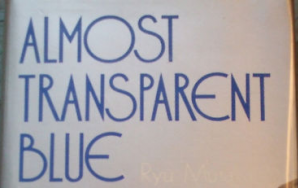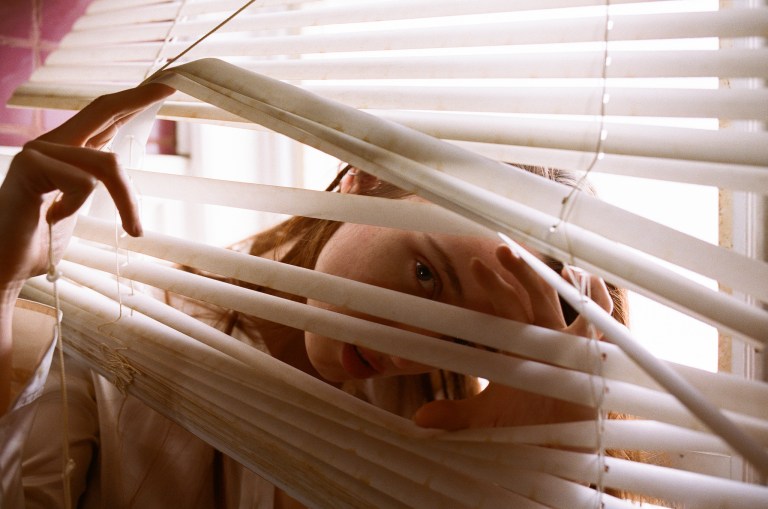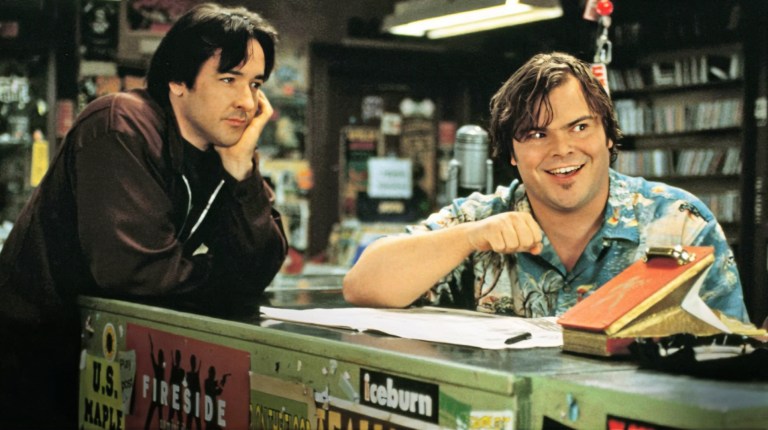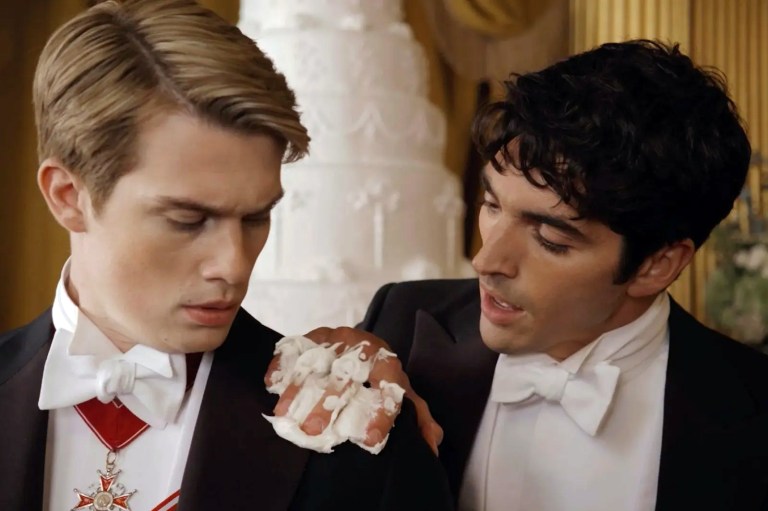
Almost Transparent Blue by Ryu Murakami
Almost Transparent Blue (1976) was written by Ry? Murakami (b. 1952) while he was a student at Musashino Art University, where he was enrolled in the sculpture program. It was his first novel and was awarded the Akutagawa Prize (Japan’s “most sought after” literary prize; previous winners include Kobo Abe and Kenzaburo Oe) and sold…
By Tao Lin
CENTRAL EVENT/THEME
Almost Transparent Blue—in terms of the narrator, Ryu—seems to have one central event and one central theme, or feeling, which Ryu conveys once privately, only to the reader, and once in dialogue to other characters and the reader.
The feeling could be described as “existing seems mysterious, which seems interesting” or, honestly, something like “seems…” or some form of “…”
CENTRAL EVENT
I feel that the central event—which is referenced a few times in the last pages of the book, in other places indirectly, and in the title—is [12] when Ryu and Lilly ingest mescaline and drive without a plan during a thunderstorm. They park by a “transformer station” on a tomato field. Lilly leaves the car and runs into the field and “beckons” to Ryu who also leaves the car and runs into the field. They cross the field to a school building and Ryu climbs a wire fence and jumps into a pool. There is a space break in the text, after which they’re in the car again. Lilly is driving and seems panicked (“We might die, dying is all I’ve been thinking about. Where are we, Ryu, tell me where we are!”) and Ryu seems to impulsively pull the car’s emergency hand brake. The car “hit a light pole” and stops. They seem uninjured and are at an air force base, on a runway, and a large plane flies over them. Lilly seems to still be panicking (“Something’s weird, Ryu, I want you to kill me, Lilly called, tears in her eyes”) then seems calmer and removes Ryu’s clothes and “embraces” him, on the runway, and the scene ends.
I think that scene is “touching” to me because—by seeming to have no purpose except to non-rhetorically relate what seems, to me, like a memory—it promotes, or is evidence, to me, that a single specific experience that doesn’t cost anything, and has no effect on anyone that isn’t involved, and that doesn’t have to be known by anyone else can be “worth more” to a person than years of comfort or love or accomplishment or millions of dollars or the respect and admiration of thousands. That a single person, or two people, using only themselves and each other, can easily create an intense, unrecorded, unshared memory that is more emotional, memorable, and affecting than winning the lottery or getting a masters degree or even “falling in love,” maybe, seems “beautiful” and exciting and affecting to me. I think I’ve had experiences like this even when alone, and even when feeling conventionally “negative” feelings, like being very lonely or feeling extremely desperate. These moments—rather than “accomplishments” or other hierarchal activities, or even some form of long-lasting comfort or calmness, or something—seem to be what I want most, if I want anything, in life, based on what I know currently. When I’m aware of this, and believe it, to a certain degree, I feel calm, I think.
Later, in [16], Okinawa says to Ryu that he felt really good once when Ryu played the flute and that he wants to know more about that feeling. Okinawa says “I’d like to know more about that feeling I had that time I heard your flute. That’s all I feel, I want to know what that was. Maybe if I knew, I’d go off smack, well, maybe not.”
CENTRAL THEME (PRIVATELY EXPRESSED)
In the “central event” scene, [12], lightning “lit up the inside of Lilly’s hands on the steering wheel. Blue lines lay buried in her transparent skin.” Near the end of the scene “one side of the sky lit up” and “the blue-white flash made everything transparent. Lilly’s body and my arms and the Base and the mountains and the cloudy sky were transparent. And then I discovered a single curved line running through the transparency there. It had a shape I’d never seen before, a white curving, a white curving that made splendid arcs.” On the third-to-last page of the book a piece of glass is described as “a boundless blue, almost transparent.” Ryu thinks “I want to become like this glass. And then I want to reflect this smooth white curving myself. I want to show other people these splendid curves reflected in me.”
He seems to be describing the indescribable by allowing “the indescribable” to manifest as “splendid curves” or “a white curving.” I feel like after a number of cognitions, when thinking about anything, there will be a paradox or something that doesn’t resolve except by repeating itself, and is therefore without conclusion or answer, for example what does a unit of consciousness do if it exists in a universe whose rhetoric only acknowledges non-conscious units of matter, by only conveying things like “objects with mass attract one another” and “light moves 186,282 miles-per-second in a vacuum.” I feel that whatever is not resolvable is the “mysteriousness” that is affecting Ryu and, to me, the indescribable [something] that he is attempting to describe or maybe experience fully, on its own indescribable terms, or maybe just acknowledge in some manner.
The above descriptions are not spoken, only thought, and contrast with [16] when Ryu is repeatedly asked what he wants from life and he seems to respond somewhat coherently (see below).
Ryu doesn’t attempt to convey his reoccurring “transparent” or “blue” or “light blue” fixation, I think, to anyone but the reader throughout the book.
CENTRAL THEME (EXPRESSED ALOUD)
Ryu in [16] is repeatedly questioned by Okinawa about what he wants to do with his life. Here is the dialogue, with some description removed.
Okinawa: “…You’re practicing your flute?”
Ryu: “No.”
Okinawa: “But you want to go on in music, right?”
Ryu: “I haven’t decided about that, you know, anyway I just don’t want to do anything these days, don’t feel like it.”
Okinawa: “So you’re feeling let down?”
Ryu: “Yeah, well, but it’s different, kind of different from being let down.”
Okinawa: “I met Kurokawa awhile back, he said he was really disgusted. He said he’d go to Algeria, be a guerrilla. Well, if he talked like that to somebody like me I guess he won’t really go, but you’re not thinking anything like that guy, huh?”
Ryu: “Kurokawa? Yeah, it’s different with me, I’m just, you know, my head’s just all empty now, empty. [paragraph break] A lot of things happened a while back, right, but now I’m empty, can’t do anything, you know? And because I’m empty I want to look around some more, I want to see lots of things.”
Okinawa: “Well, so maybe you’ll go to India.”
Ryu: “Huh? What about India?”
Okinawa: “You’d see a lot in India, I guess.”
Ryu: “Why would I have to go to Indiau That’s not what I mean, there’s plenty here. I’ll look around here, I don’t need to go somewhere like India.”
Okinawa: “Well, you mean with Acidu You’ll experiment with stuff like thatu I don’t get what you want to do.”
Ryu: “Yeah, I don’t get it myself, I don’t really know what I should do. But I’m not going to India or anything like that, nowhere I want to go, really. These days, you know, I look out the window, all by myself. Yeah, I look out a lot, the rain and the birds, you know, and the people just walking on the street. If you look a long time it’s really interesting, that’s what I mean by looking around. I don’t know why, but these days things really look new to me.”
Okinawa: “Don’t talk like an old man, Ryu, saying things look new is a sign of old age, you know.”
Ryu: “No, it’s different, that’s not what I mean.”
This seems relevant because in almost scene Ryu seems to describe things to the reader that seem irrelevant to the characters’ situations and dialogues. He seems distracted, on some level, at all times, because, according to the above dialogue, he is deliberately focusing on little details, for his own satisfaction, which is partly what makes me feel like he’s affected by “mysteriousness” rather than “indifference” or other things (see tone). Perception without thought—or, rather, without language-based or conscious thought, maybe—seems to be one way to purely experience an indescribable or paradoxical situation, which Ryu seems interested in doing, I feel.
In [12] Lilly says to Ryu “You really are a little kid, when you’re a kid you try to see everything, don’t youu Babies look right into the eyes of people they don’t know and cry or laugh, but now you just try and look right into the eyes of people walking past, you’ll start feeling funny pretty soon, Ryu, you shouldn’t look at things like a baby.” Ryu says “I haven’t really thought of it like that, you know, I do have a lot of fun—but it’s fun looking outside.”











